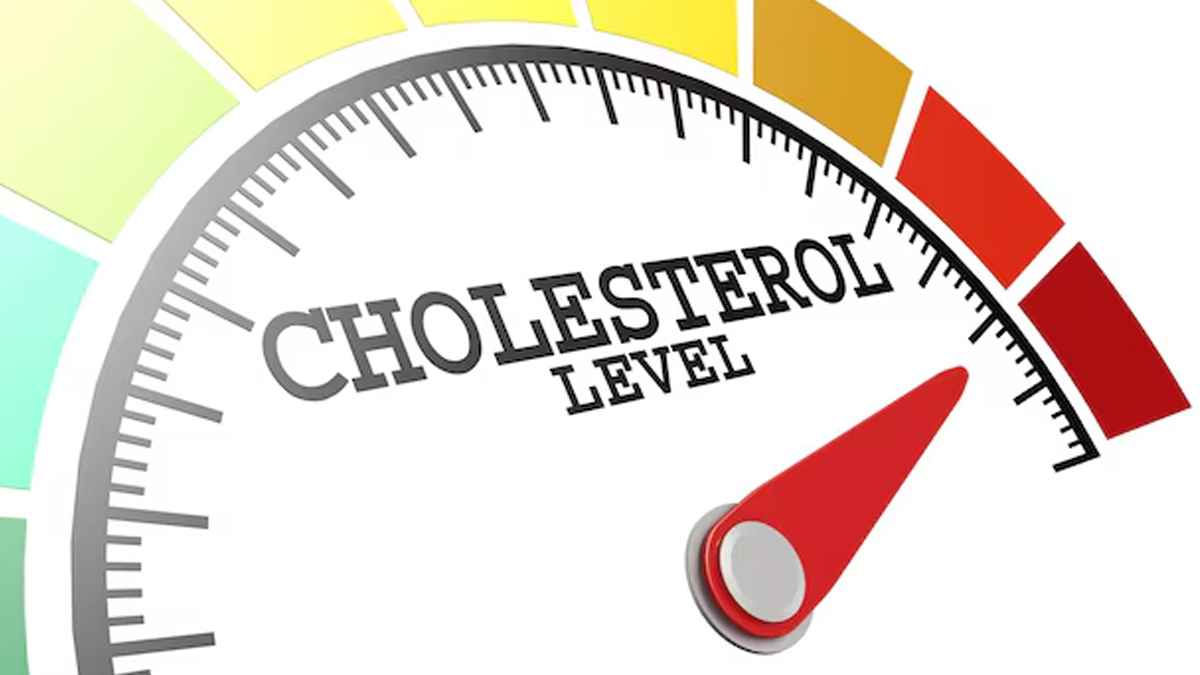Possible Benefits of a Carnivorous Diet For Cardiovascular Health
1. Weight loss and improved metabolic indices
The most commonly cited benefit of a carnivorous diet is weight loss. Since obesity is a known risk factor for cardiovascular disease, reducing excess weight can improve heart health. “A diet high in protein and fat makes one feel full, reducing total calorie intake and promoting fat loss, which may help lower blood pressure, boost insulin sensitivity, and reduce inflammation, key factors driving heart disease,” said Dr Reddy.
2. Reducing sugars and processed carbohydrates
Cutting refined carbohydrates from a carnivorous diet lowers major risk factors for metabolic syndrome, diabetes, and heart disease, all of which relate to obesity. Diets high in sugar and refined carbs induce insulin resistance, which promotes inflammation, high triglycerides, and arterial damage. Eliminating these elements helps some people manage their blood sugar levels and lower inflammatory markers, improving their cardiovascular state.
Also Read: The Lion Diet: An Extreme Carnivore Approach To Health, But Is It Sustainable And Safe?
3. Plausible anti-inflammatory effects
Chronic inflammation is the main cause of atherosclerosis, a condition leading to the formation of plaques in the arteries. Some carnivorous diet followers claim reduced inflammation because they lack plant-based antinutrients, including lectins and oxalates. Moreover, foods rich in omega-3s, such as fatty fish, may aid in lowering inflammation and improving cardiovascular condition.
4. HDL (good) cholesterol enhancement
According to a 2010 study, diets high in animal fats may lower High-Density Lipoprotein (HDL) cholesterol, which guards heart health by returning extra cholesterol to the liver for disposal. A lower risk of cardiovascular disease usually goes hand in hand with higher HDL levels.
Also Read: Is red meat good or bad for you? Find Out Here
Potential Risk Factors of a Carnivorous Diet for Cardiac Function
1. Higher LDL (bad) cholesterol and problems with saturated fat
” Since it can lead to increased Low-Density Lipoprotein (LDL) cholesterol, the excessive consumption of saturated fats in the carnivorous diet raises one of the primary problems,” said Dr Reddy. While some argue that not all LDL is dangerous, elevated levels, especially small and dense LDL particles, are linked to atherosclerosis and increased risk of heart attacks and strokes.
2. Not enough fibre
Fibre is essential for lowering inflammation, maintaining intestinal health, and lowering cholesterol. A meat-only diet eliminates all nutritious fibre, which could change gut flora. Linked to systemic inflammation, poor gut health is a major cause of cardiovascular disease.
3. Risk of hypertension
Many carnivorous diets resort to processed meats, cured meats, or extra salt to meet their electrolyte demands. “Too much sodium intake is a well-documented risk factor for high blood pressure, or hypertension, which primarily results in heart disease and stroke,” added Dr Reddy.
4. Potential deficiencies in nutrients
Meat provides key minerals, such as vitamin B12, iron, and zinc. However, a purely carnivorous diet excludes vital micronutrients, including vitamin C, magnesium, and potassium, which are vital for heart function, vascular health, and blood pressure regulation. These nutrient deficiencies can increase heart attack risk over the long term.
5. Long-term effects unknown on cardiovascular disease risk
While some people exhibit transient metabolic changes, it is currently unknown if these might have long-term effects on overall heart function, arterial plaque development, and cardiovascular disease. Whether the benefits outweigh the risks calls for more research.
Final Thought: Should you follow a carnivorous diet for cardiovascular health?
For cardiologists, the carnivorous diet presents benefits and potential risks for cardiovascular health. While some individuals may benefit from weight loss, reduced inflammation, and improved metabolic markers, concerns about elevated LDL cholesterol, inadequate fibre intake, and potential nutritional deficiencies cannot be ignored.
If you are considering a carnivorous diet, focus especially on crucial cardiovascular markers, including LDL and HDL cholesterol, triglycerides, blood pressure, and inflammatory markers. Moreover, especially for people with pre-existing heart issues, it is advisable to visit a nutritionist or cardiologist before changing any diet.
Dr Reddy concluded, “While a strictly carnivorous diet may not be ideal for long-term heart health, a balanced diet that includes nutrient-dense animal products can be beneficial. Combining these foods with well-chosen plant-based meals in a high-protein, low-carb diet can provide a more sustainable path to cardiovascular well-being.”
[Disclaimer: This article contains information provided by an expert and is for informational purposes only. Hence, we advise you to consult your professional if you are dealing with any health issue to avoid complications.]
Source link
These Squirrels Are Hunting and Eating Meat and Scientists Only Just Noticed
Risks of a ‘carnivore diet’ after heart specialist issues warning over heart attack
Doctor issues heart attack warning for popular diet




